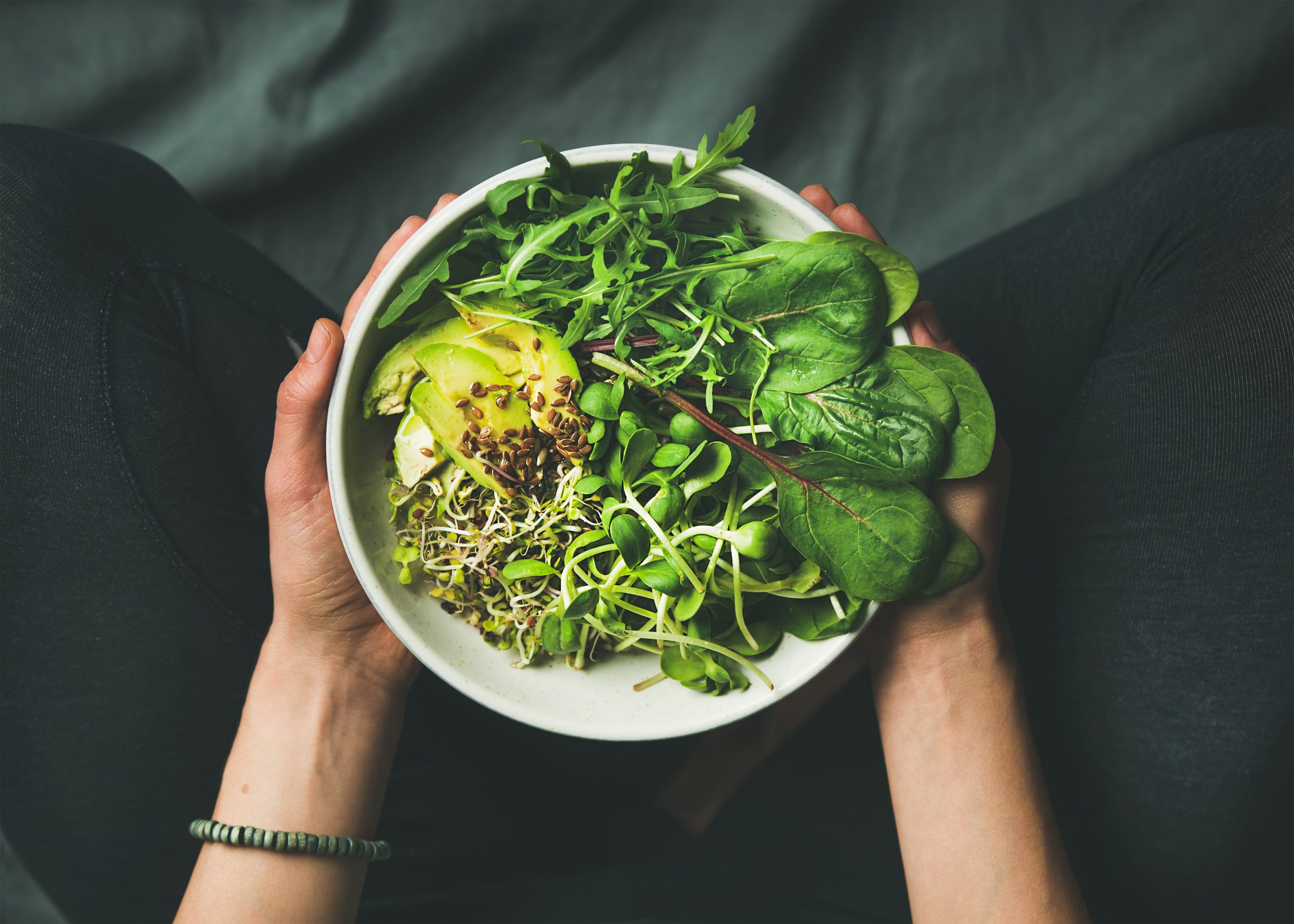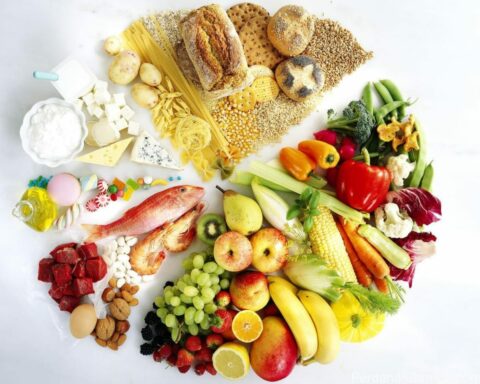Many people have become ardent followers of the vegan diet. The vegan diet has steadily grown, capturing attention, and has become very popular from its inception.
For various reasons, a person may decide to become vegan, including ethical, health, environmental, or religious reasons. Its proponents claim that when you do the diet in the right way, the chances are high that it will lead to a loss of belly fat, reduced waist size, improved control of blood sugar, among other health benefits. Since this diet is solely dependent on plant foods only, it may increase your likelihood of nutrient deficiencies. If you are reading this article, you are just one step away from beginning the vegan diet. It will discuss what the vegan diet is and how you can follow it exclusively.
What Is The Vegan Diet?
Wouldn’t it be wise to pose a bit and get to know what a vegan diet is? Veganism is basically a lifestyle. It revolves around avoiding the exploitation and cruelty of animals and not eating, wearing, or using any animal product for any purpose. Keeping that in mind, the vegan diet restricts the intake of all products of animals, whether eggs, dairy, or meat. Various reasons prompt people to follow the vegan diet, including health and ethical reasons.
Types of Vegan Diets
The vegan diet can be practiced in different ways. The most common ways include:
Raw-food vegan diet
this type of vegan diet involves eating vegetables, fruits, seeds, nuts, and plant foods. They are to be cooked at a temperature below 48 degrees Celsius.
Starch solution vegan diet
this diet involves the intake of high-carb and low-fat foods. Unlike other forms of the vegan diet, most of the foods in this diet are cooked and include starches like corn, rice, and potatoes. Not fruits.
80/10/10
this vegan diet is a type of raw-food vegan diet, but here one has to limit their intake of plants rich in fat such as avocado and nuts. Instead, they are replaced with soft green vegetables and raw fruits. It can also be called the fruitarian diet, raw-food vegan diet, or low-fat diet.
Raw Till 4 is another type of vegan diet basing its foods on the 80/10/10 diet and starch solution. One has to eat raw foods until 4 p.m. at dinner. They can cook and eat any plant-based food.
Whole-food vegan diet
doing this diet is much simpler than other types of the vegan diet. It requires one to eat any food from various varieties of whole plant foods like legumes, fruits, seeds, nuts, whole grains, and vegetables.
Thrive diet
the thrive diet is typically the eating of raw foods sourced from plants only. If at all one has to cook, then they will do so minimally and at a low temperature.
Junk-food vegan diet
this diet doesn’t use whole plant foods but rather largely relies on cheeses, mock meat, vegan desserts, fries, and heavily processed foods in the vegan diet.
Health Benefits of Vegan Diet
Vegan Diet Can Help With Weight Loss
Generally, total vegans tend to have a thinner body than people not practicing this diet. They also have a lower body mass index (BMI). For this reason, many people who are after losing weight have been converted to vegans. Veganism and a vegan diet also involve added physical activities and behaviors that may promote weight loss. It is worth noting that weight loss can be more effective with a vegan diet if you can exclusively eat foods recommended by the American Heart Association (AHA), American Diets Association (ADA), and the National Cholesterol Education Program (NCEP). Compared to calorie restricted diets, people on the vegan diet still can lose more weight even when they can eat to their full. A vegan diet makes its followers lose weight naturally by increasing their fiber intake. Fiber increases fullness, making you consume fewer calories.
Vegan Diet May Help with Type 2 Diabetes and Blood Sugar Control
Type 2 diabetes is a common condition that a large population suffers from. If not managed well, it can lead to severe complications like leg amputation or even death. Increased sugar levels in the blood characterize it. Adhering well to the vegan diet may help improve blood sugar control and keep type 2 diabetes away. Studies suggest that the vegan diet may increase insulin sensitivity, lower blood sugar levels, reduce the likelihood of developing type 2 diabetes by up to 78%. When compared to foods recommended by the ADA, AHA, and NCEP, the vegan diet can lower the levels of blood sugar significantly in diabetic patients. One reason explaining this is the high intake of fiber which has little no effect on blood sugar response.
Vegan Diet May Improve Heart Health
Heart disease is one of the chronic diseases that claim many lives more than any other disease. Fortunately, the vegan diet may help lower heart disease risks and keep your heart healthy. Scientists say that the vegan diet may reduce the risk of heart disease by up to 75% and reduce the likelihood of dying from this disease by up to 42%.
Foods To Eat
Vegan diets replace animal products with plant-based foods such as:
Legume – they are a great source of beneficial nutrients and powerful plant compounds.
Nuts and butternuts – are rich in vitamin E, selenium, magnesium, fiber, and zinc.
Tofu and tempeh – are good substitutes for animal products, including meat and egg.
Seeds – contain high quality protein and omega-3 fatty acids.
Other accepted foods include nutritional yeast, seitan, algae, fruits, vegetables, yogurts, and plant milk fortified with calcium, whole grains, and cereals.
Foods To Avoid
Avoid products enriched with animal ingredients or any animal food. These include:
Fish and seafood like calamari, crab, lobster, etc.
Honey and bee products like bee pollen.
Meat like beef, organ meat, lamb, and poultry like duck, chicken, etc.
Dairy and their products.
Eggs from fish, chickens, etc.
Ingredients derived from animals like L-cysteine, lactose, whey, etc.
Conclusion
A vegan diet is a way of eating that restricts the use of any food derived from animals and their ingredients. While you can go vegan for environmental or ethical reasons, many people practice a vegan diet only for health reasons. A vegan diet can help you lose weight and reduce the risk of heart disease and type 2 diabetes.
- Learn to Enjoy Self-care Routine - September 21, 2023
- Jonathan Aufray’s Story - July 29, 2023
- From Public Housing To Ivy League: The Inspiring Journey of Crystaltharrell.com and its Founder - June 7, 2023









